Top 9 HR books to read in 2023
Savannah in our Marketing team asked me to write a blog with recommendations on books that may be useful for people professionals as they go into 2023; there are so many great books out there that have helped me think about what we do here at The People Experience Hub and informed my thinking. Here are my top 9 HR books I would recommend reading in 2023!
Savannah in our Marketing team asked me to write a blog with recommendations on books that may be useful for people professionals as they go into 2023; there are so many great books out there that have helped me think about what we do here at The People Experience Hub and informed my own thinking.
Books like Freakonomics (Stephen Levitt, Stephen Dubner), It Doesn’t Have to Be Crazy At Work/Rework (Jason Fried, David Hansson), The Paradox of Choice (Barry Schwartz) and The Culture Code (Daniel Coyle) have all books that I keep going back to.
But I wanted to include books that influenced me to think differently and do things differently; I also wanted to include books aligned to the insights from our people profession survey where people said that they felt they had the most significant skills gaps in their teams, such as Analysing and interpreting data, Psychology, Change Management and Critical Thinking.
So here are my top 9 books that I would recommend you read in 2023 (In no particular order!)
Book Name: The Happiness Industry
Author: William Davies
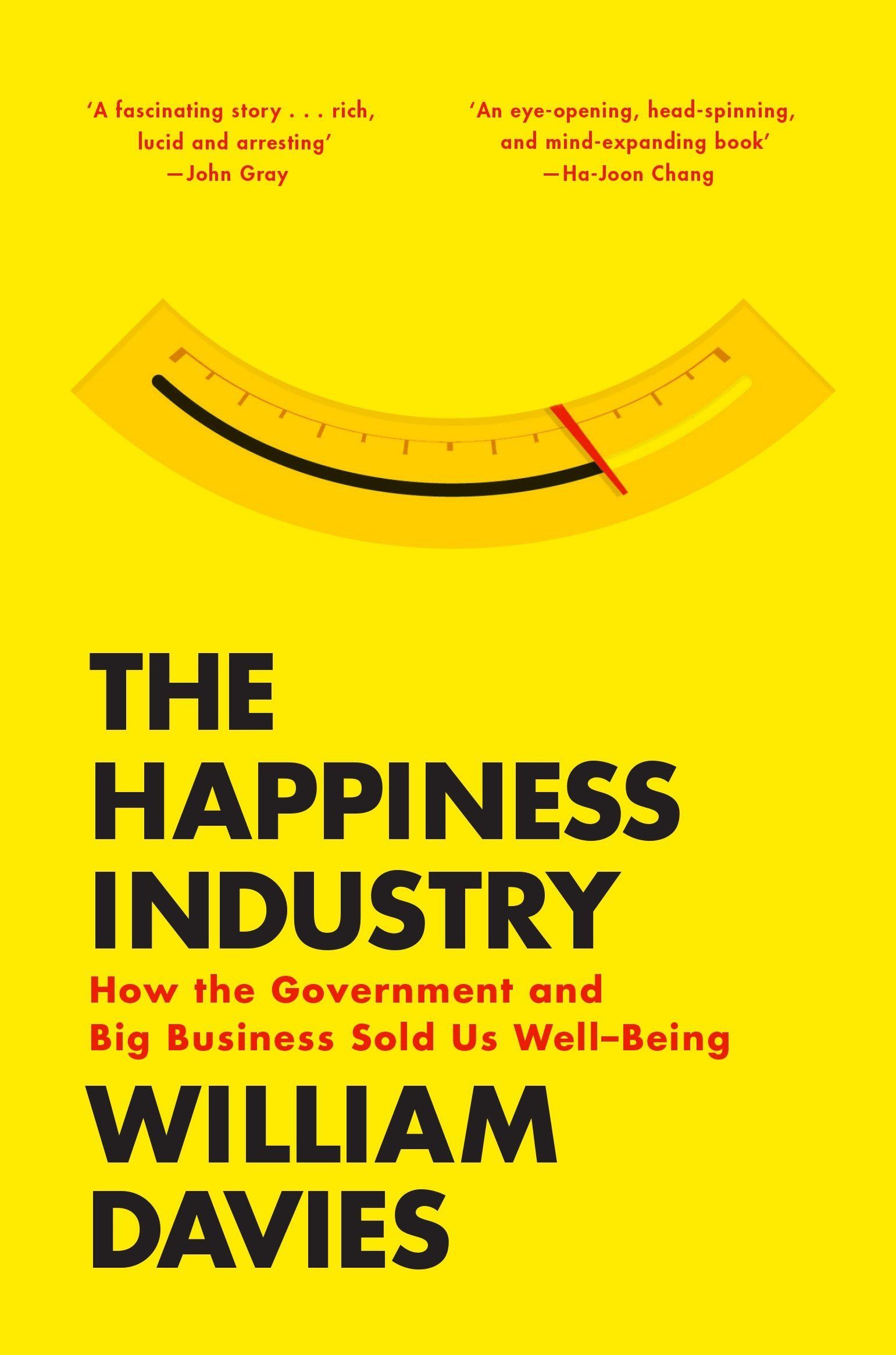
Why?
This book falls into my critical thinking camp and helped me think a lot about what I was seeing in the business world (Chief Happiness Offers, Happiness Bootcamps, Happiness Gurus and the like) and what it really meant to the people we support and to me as an individual.
The book takes you on a journey exploring everything from how anti-depressants came to be approved for general practitioners to prescribe (lobbying by big pharma and not lobbying by clinical psychologists) to how the corporate world started blending positive psychology, happiness, motivation, engagement and physiology of health.
You will explore the motivations behind what appears to be an Industry of Happiness, the ethics involved, and why, in the book, the author states that:
“Happiness studies become more interdisciplinary, claims about minds, brains, bodies and economic activity morph into one another, without much attention to the philosophical problems involved. A single index of general human optimisation looms into view. What is clear is that those with the technologies to produce the facts of happiness are in positions of considerable influence and that the powerful are being seduced further by the promises of those technologies.”
“A happy worker is 12% more productive!” I would guess that many people have heard that quote, and it kinda makes sense.
This book will help you think about this, what it means to you and your people, and how to filter the rhetoric from the facts when you see them.
Book Name: Factfulness: Ten Reasons We’re Wrong About The World - And Why Things Are Better Than You Think
Author: Hans Rosling
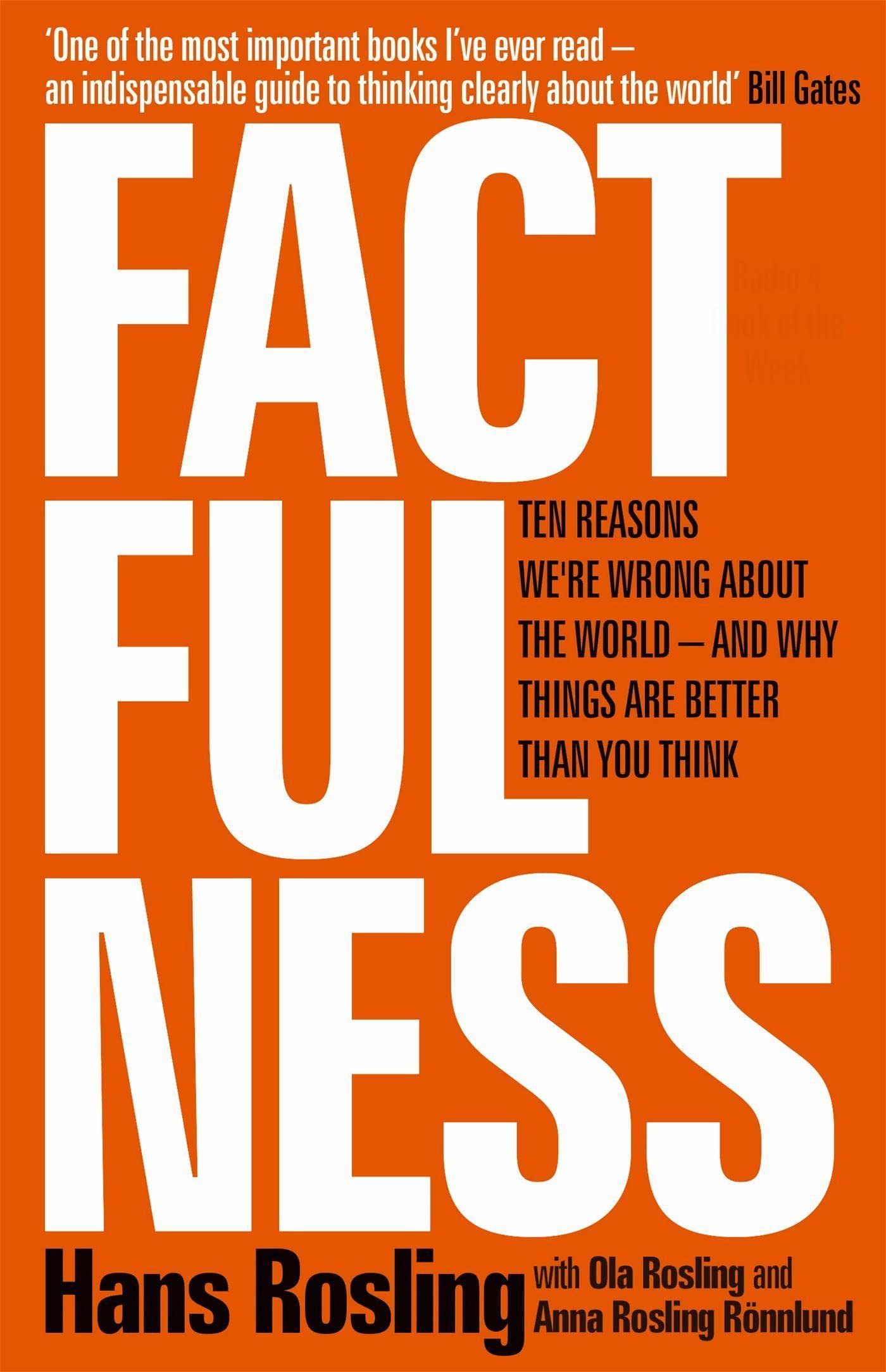
Why?
“Remember: things can be bad, AND getting better.”
Recently (the last few years for sure!), the world, when viewed through the lens of the world’s media, has seemed to be a tough place and only getting worse.
It has been a world of strong opinions being shared quickly and taken as fact.
The authors challenge people to be critical thinkers and consider how information is passed to them (typically by the media), what the motivations are of the person/organisation sharing this information, and how they should respond to it.
They also give some examples where the world is actually a better place than the media would have you believe.
They provide a handy table shown below:
|
Number |
Dramatic instinct |
Example |
Rule of thumb |
|
1 |
Gap instinct |
''Look at the gap!'' |
Locate the majority |
|
2 |
Negativity instinct |
''It''s getting worse!'' |
Expect negative news |
|
3 |
Straight line instinct |
''It just continues!'' |
Imagine bending lines |
|
4 |
Fear instinct |
''It''s scary!'' |
Calculate the risk |
|
5 |
Size instinct |
''It''s big!'' |
Check the proportions |
|
6 |
Generalization instinct |
''They''re all the same!'' |
Check your categories |
|
7 |
Destiny instinct |
''It never changes!'' |
Notice slow changes |
|
8 |
Single-perspective instinct |
''This is the solution!'' |
Use multiple tools |
|
9 |
Blame instinct |
''That''s the bad guy!'' |
Resist pointing fingers |
|
10 |
Urgency instinct |
''It is now or never!'' |
Take small steps |
They also state that people would be happier if they had fewer opinions on areas where they do not have the relevant data, expertise or experiences.
For example, if you are asked for your opinion on rising crime in city suburbs, it is easy to give an opinion, but the reality is that you are not the expert on this, and you probably do not have all the facts. (Rising from what to what? Is it rising from a lower-than-expected base? Etc.)
Saying, “I cannot have an opinion as I do not have all the facts,” is very liberating in a world where we are expected to have an opinion on everything!
(And if you really are interested, you can say, “I do not have an opinion, but let me find out some more about this and come back to you”)
For this book, I have two favourite quotes:
“Forming your worldview by relying on the media would be like forming your view about me by looking only at a picture of my foot.”
“The world cannot be understood without numbers. But the world cannot be understood with numbers alone.”
Book Name: Deep Work: Rules for Focused Success in a Distracted World
Author: Cal Newport
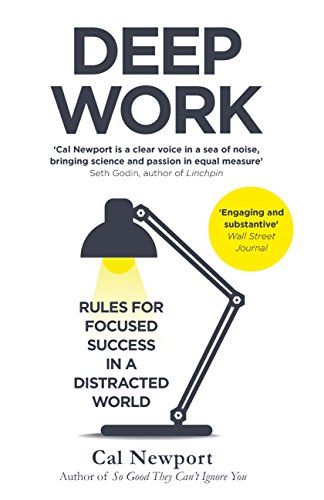
Why?
Deep work changed my life – simple as that.
How? Well, the book''s subtitle is “Rules for focused success in a distracted world”, and I would like to add a new one: "Rules for focused success for the easily distracted!”
I am easily distracted, I have a lot going on in my life, and I am interested in so many different things, in the people around me and in whatever might be outside my window at any given time…oh look, a pigeon!
This book looks at how people who do deep work (work that requires them to focus, to think etc.) and those who do shallow work (work in the moment) have very different needs regarding their working environment.
You will learn that open-plan offices are the enemy of Deep Work and that you can only sustain deep work for a certain amount of time.
You will discover tips and tools for working in environments that do not lend themselves to deep work and how to create these spaces.
My whole home office was designed with the tips in this book; the fact that I have excellent noise-cancelling headphones and different playlists for different work is also thanks to this book.
If you do deep work or manage people who do, then this book is for you, and I hope it will change your life as well.
Oh, look… a squirrel.
Book Name: Happy Ever After Escaping The Myth of The Perfect Life
Author: Paul Dolan
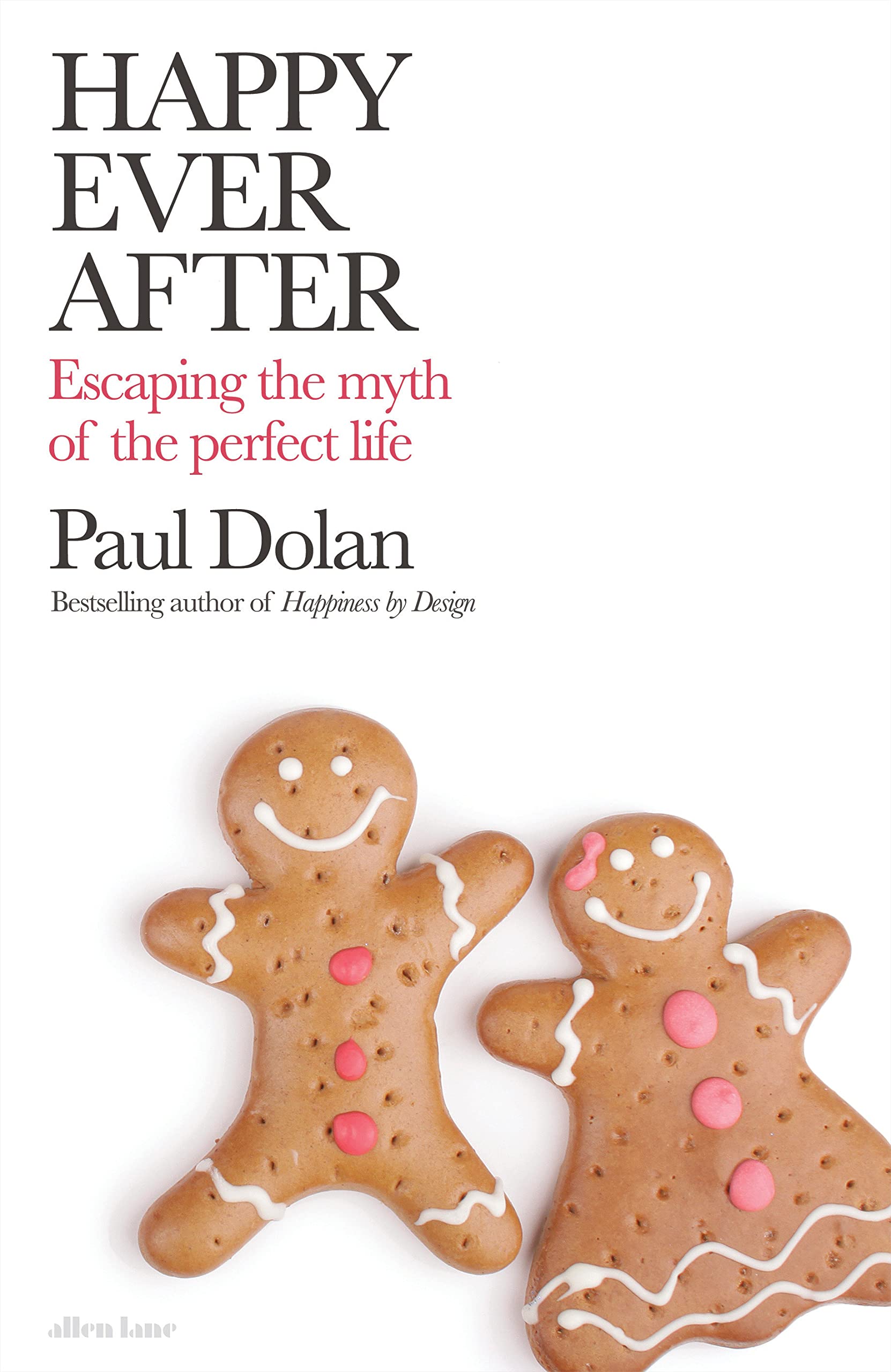
Why?
Paul Dolan is not like other Professors of Behavioural Science, and the first time I heard him speak, I immediately sat up and listened.
“By freeing ourselves from the myth of the perfect life, we might each find a life worth living.”
This is a Myth Buster book that takes us on a journey of the popular perceived wisdom of what drives happiness and what the reality is and asks people to think about Wellbeing, Inequality and Discrimination in a way that I had not seen or read before.
It is an easy read, and I would also recommend Paul’s YouTube videos.
Book Name: Storytelling with Data: A Data Visualization Guide for Business Professionals
Author: Cole Nussbaumer Knaflic
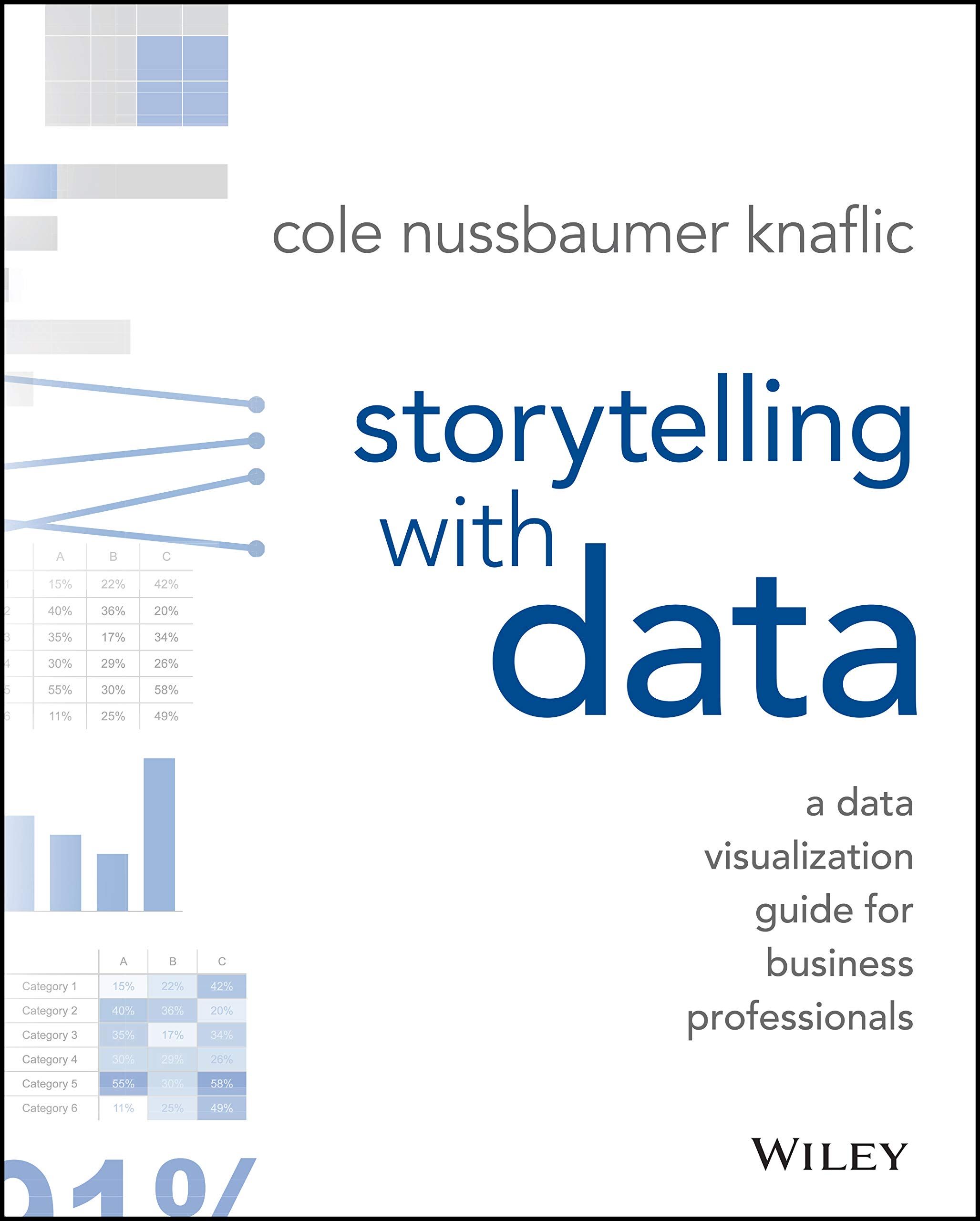
Why?
I often hear people in HR say that they want to be better with data, but when you probe a little, they often mean I want to be better at taking data/insights and weaving them into my everyday role.
Well, this is the book for you (and the only data book I have in this blog)
The author is fabulous, and she helps you think about data in a way I had not seen before; she provides some fantastic tools and guides to help turn data into stories and narratives that can be used to talk about insights in the context of your situation or audience.
You do not need to be a great storyteller, and you do not need to be a data analyst to take from this book a whole host of new skills that will change how you think about data.
If I am ever worried that a visualisation is too complex, too much, and will stop people from telling the story our survey results give them, I come back to this book time and time again.
Book Name: General systematics: an essay on how systems work, and especially how they fail / The Systems Bible: The Beginner''s Guide to Systems Large and Small
Author: John Gall
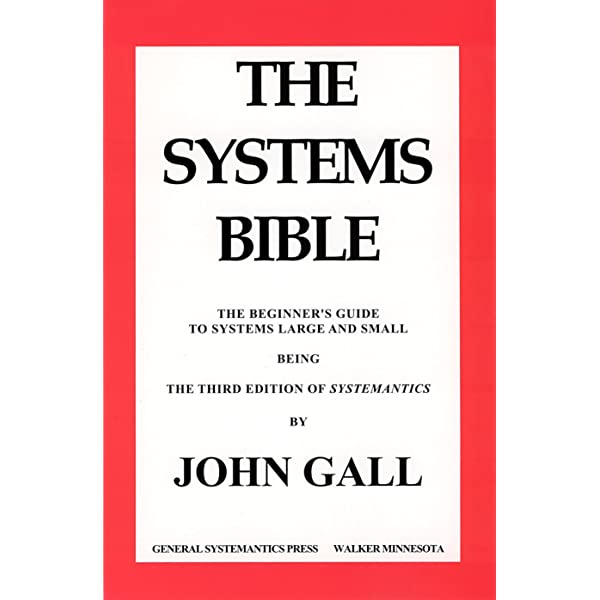
Why?
This is the book you will never have heard of, that you will never find on a business bookshelf and that no one you meet will ever have read…
So instant hipster street cred
To be clear, this book is not about IT systems!
Think about systems as anything that is systematic, which includes:
- Government
- Organisations
- Processes and Policies
- IT systems
- Communities
- Teams
So your people will be living in and working in systems – that is why you should read this book!
John Gall has written a whimsical take on how systems work and, more importantly, WHY THEY FAIL!
You will be given examples of systems failing and some utterly fabulous heuristics you will remember when you are working on systems and designing the end-to-end.
For HR – if you are involved in the Employee or People Experience field, this book is for you; likewise, if you are designing processes, systems and communities, you will take so much away from this book.
But let’s keep it between us, cool cats, yeah?
Book Name: A Work In Progress
Author: Gethin Nadin
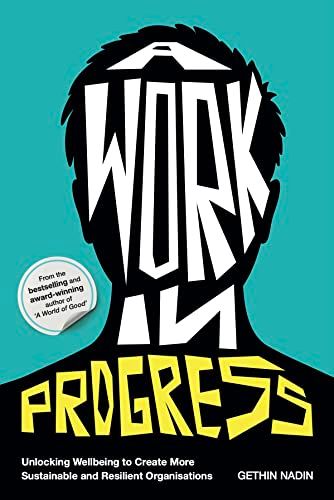
Why?
I love how Gethin thinks about Wellbeing and brings his thinking and style into this book and some thought-provoking expert views.
Gethin challenges, guides, and engages the reader in a way that most “business” books could take a lesson from, and you come away from any chapter with something that you can implement quickly that will improve the lives of those around you.
Wellbeing has been at the forefront of many people’s strategies, but why are we not solving the problem?
In his book, Gethin will help you consider what adds value and what does not.
He also does what so many others who talk about wellbeing do not. That is to talk about where organisations cause wellbeing issues and that the solution might not be about an app or an initiative but by implementing real organisational change.
I love that you can pick this book up and open any chapter and read it – so being time-poor or someone that doesn’t like reading books, you have no excuses not to give this a go!
Book Name: The Energized Workplace: Designing Organizations where People Flourish
Author: Perry Timms
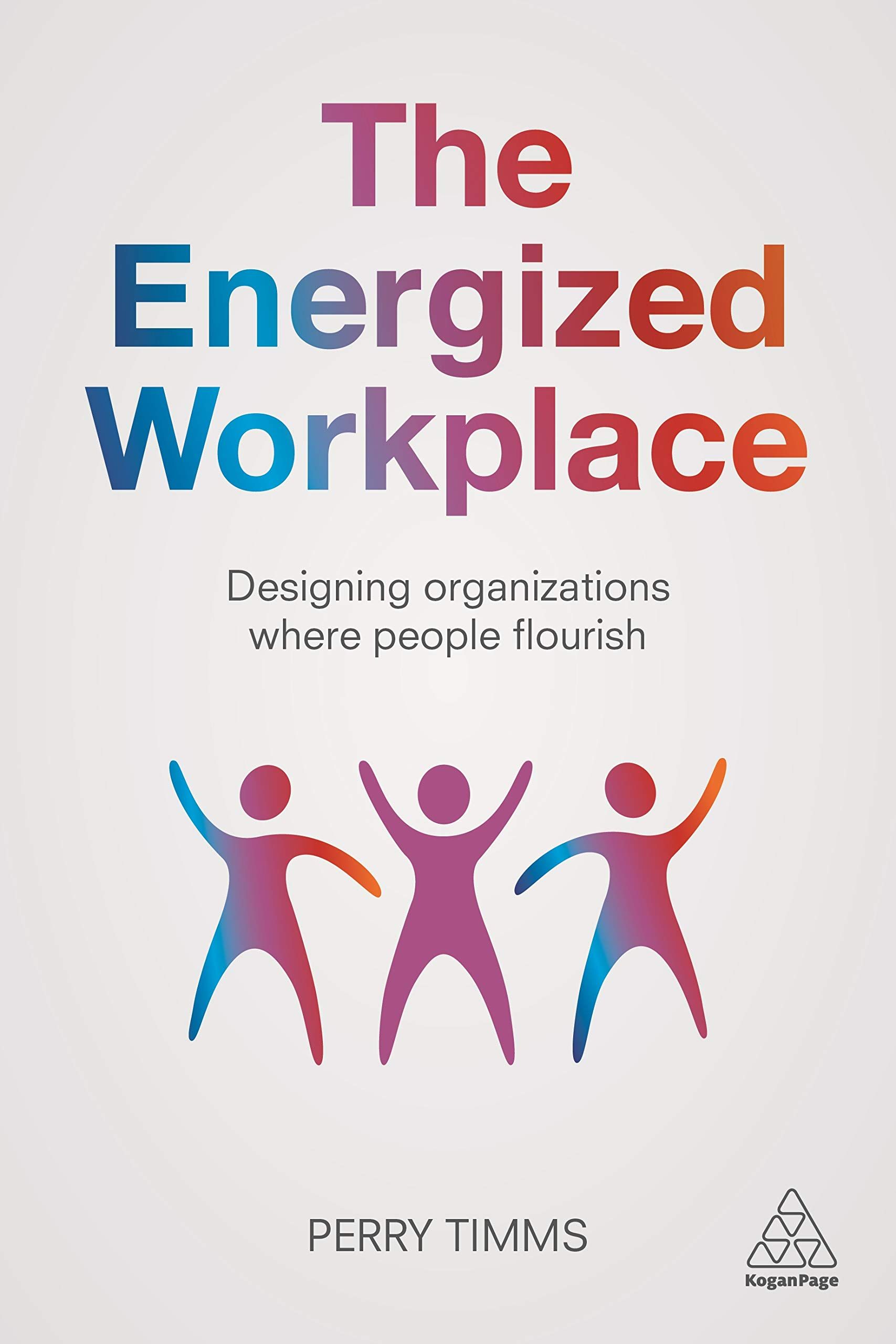
Why?
Have you read the title? (any book that has the word flourish in should be read)
Have you seen who the author is? (Perry is one of my all-time favourite people; his energy, knowledge, and way he thinks are engaging and infectious!)
But mainly because you will come away from this book and you will end up with a book FULL of bookmarks, highlighted text and inspiration.
Creating a workplace designed around people is nothing new, but what Perry does in this book is take this approach and overlay this with energy and outcomes in mind and gives you the tools, tips and takeaways to allow you to see what you could do in your workplace to make small or large changes that will make a difference to your people (and if you need a business case – to your organisation’s performance and profits!)
Human Centric Design has been given a new lease of life here, and you will pick up this book again and again.
Book Name: How Emotions are made Secret – The secret life of the brain
Author: Lisa Feldman Barrett
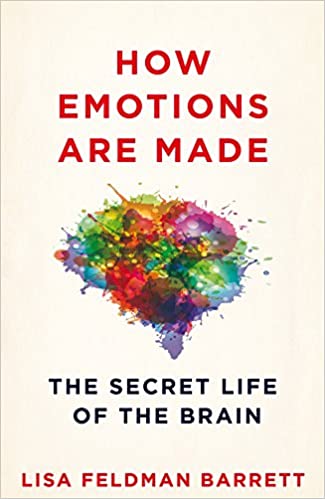
Why?
Rob Robson wanted in on this blog so he has added this to the list.
Organisations are ultimately human systems, and humans are ultimately emotional. But we make big assumptions about emotions and what drives them, and they remain shrouded in mystique. But Lisa Feldman Barrett makes understanding emotions and their roots and therefore working with them, accessible. This is a must read, with implications for virtually all aspects of HR practice.
Favourite Quote:
“An emotion is your brain’s creation of what your bodily sensations mean, in relation to what is going on around you in the world.”
Tell us what you think about Nicks'' selection by chatting with us on Twitter - @ThePxHub
* Please note, this blog is in no way affiliated with Amazon and all opinions are our own.
